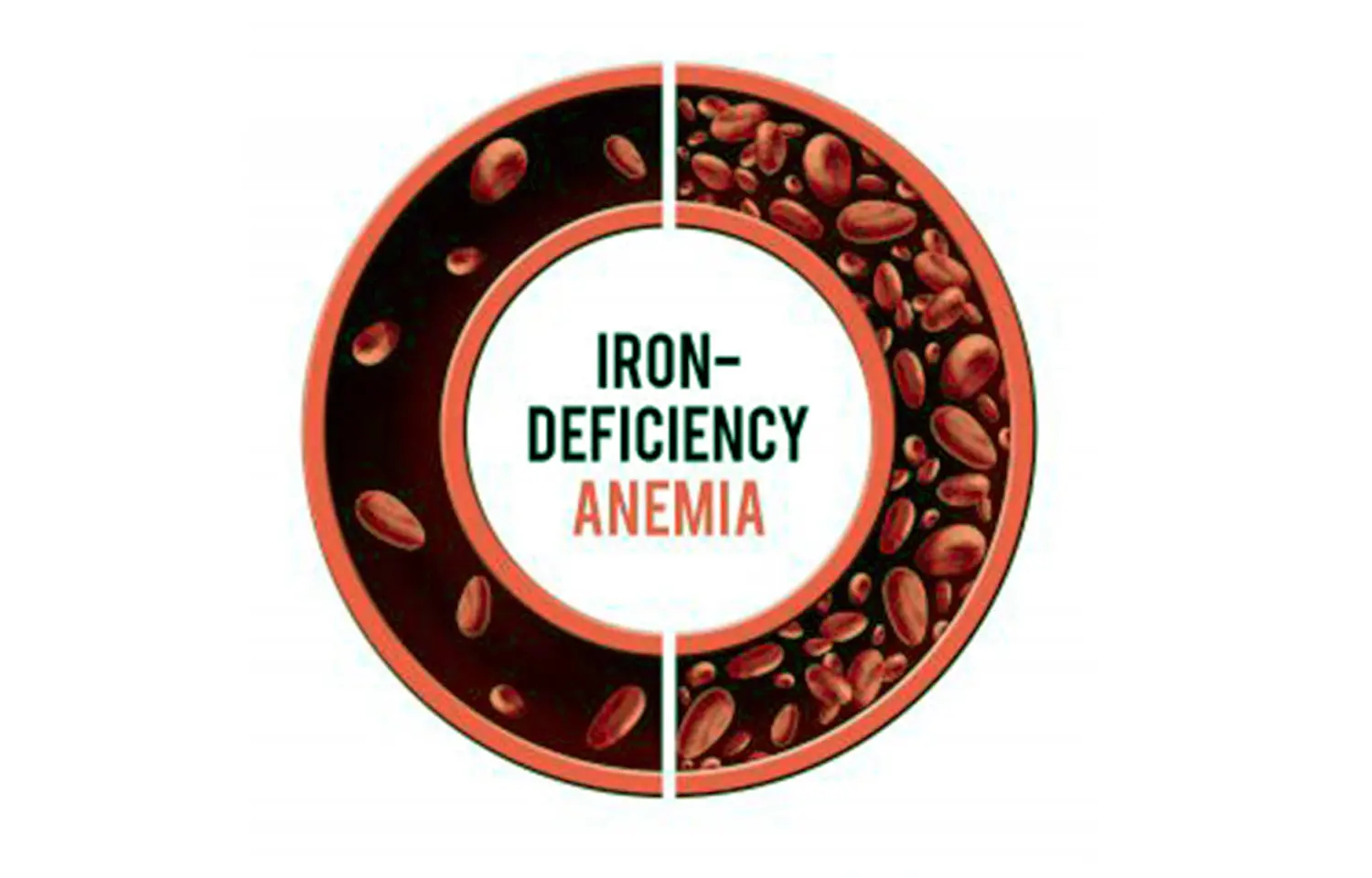- Home
- Medical news & Guidelines
- Anesthesiology
- Cardiology and CTVS
- Critical Care
- Dentistry
- Dermatology
- Diabetes and Endocrinology
- ENT
- Gastroenterology
- Medicine
- Nephrology
- Neurology
- Obstretics-Gynaecology
- Oncology
- Ophthalmology
- Orthopaedics
- Pediatrics-Neonatology
- Psychiatry
- Pulmonology
- Radiology
- Surgery
- Urology
- Laboratory Medicine
- Diet
- Nursing
- Paramedical
- Physiotherapy
- Health news
- Fact Check
- Bone Health Fact Check
- Brain Health Fact Check
- Cancer Related Fact Check
- Child Care Fact Check
- Dental and oral health fact check
- Diabetes and metabolic health fact check
- Diet and Nutrition Fact Check
- Eye and ENT Care Fact Check
- Fitness fact check
- Gut health fact check
- Heart health fact check
- Kidney health fact check
- Medical education fact check
- Men's health fact check
- Respiratory fact check
- Skin and hair care fact check
- Vaccine and Immunization fact check
- Women's health fact check
- AYUSH
- State News
- Andaman and Nicobar Islands
- Andhra Pradesh
- Arunachal Pradesh
- Assam
- Bihar
- Chandigarh
- Chattisgarh
- Dadra and Nagar Haveli
- Daman and Diu
- Delhi
- Goa
- Gujarat
- Haryana
- Himachal Pradesh
- Jammu & Kashmir
- Jharkhand
- Karnataka
- Kerala
- Ladakh
- Lakshadweep
- Madhya Pradesh
- Maharashtra
- Manipur
- Meghalaya
- Mizoram
- Nagaland
- Odisha
- Puducherry
- Punjab
- Rajasthan
- Sikkim
- Tamil Nadu
- Telangana
- Tripura
- Uttar Pradesh
- Uttrakhand
- West Bengal
- Medical Education
- Industry
Ferumoxytol: An effective and safe remedy for iron deficiency anemia, finds study

Iron deficiency anemia is the most common form of anemia and hematologic problem worldwide. Treatment options include oral or intravenous (IV) iron replacement. Although oral iron is commonly employed as first-line therapy, many studies suggest that IV iron more effective and associated with a better quality of life when compared to oral iron. Yet, adverse infusion reactions are possible.
There are multiple intravenous (IV) iron formulations available, of which several may be administered as single‐dose infusions such as low-molecular-weight iron dextran (LMWID), ferumoxytol, ferric carboxymaltose, and ferric derisomaltose. However, the administration of ferumoxytol as a single‐dose infusion is off‐label as it is approved as a 2‐dose series.
Researchers have found in a new study that the use of single-dose ferumoxytol for the treatment of iron deficiency anemia appears to be safe and effective compared with single-dose low molecular weight iron dextran, with a similar efficacy profile and a reduced need for repeated IV iron infusions.
Single‐dose ferumoxytol is considered effective and safe, and those patients may require fewer additional infusions compared to patients who received low-molecular-weight iron dextran (LMWID), according to recent research published in the America Journal of Hematology.
Although previous studies of ferumoxytol alone support the effectiveness and safety of the single‐dose regimen, there is a paucity of data directly comparing single‐dose ferumoxytol to other single‐dose IV iron formulations, he adds.
In his study, Jonathan and his colleagues included an overall of 906 patients who received single‐dose LMWID or ferumoxytol, and all these patients were included for the secondary analysis evaluating the incidence of adverse events (AE) and the requirement of additional IV iron infusions.
The findings of the research are-
a. Median change in Hb, Hct, and ferritin was not significantly different between groups.
b. Both groups experienced similar rates of AEs.
c. LMWID patients more frequently required additional IV iron infusions.
Based on the results, the researchers conclude that "single‐dose ferumoxytol is effective and safe compared to patients who received LMWID for the treatment of iron deficiency."
Dr. Nandita Mohan is a practicing pediatric dentist with more than 5 years of clinical work experience. Along with this, she is equally interested in keeping herself up to date about the latest developments in the field of medicine and dentistry which is the driving force for her to be in association with Medical Dialogues. She also has her name attached with many publications; both national and international. She has pursued her BDS from Rajiv Gandhi University of Health Sciences, Bangalore and later went to enter her dream specialty (MDS) in the Department of Pedodontics and Preventive Dentistry from Pt. B.D. Sharma University of Health Sciences. Through all the years of experience, her core interest in learning something new has never stopped. She can be contacted at editorial@medicaldialogues.in. Contact no. 011-43720751
Dr Kamal Kant Kohli-MBBS, DTCD- a chest specialist with more than 30 years of practice and a flair for writing clinical articles, Dr Kamal Kant Kohli joined Medical Dialogues as a Chief Editor of Medical News. Besides writing articles, as an editor, he proofreads and verifies all the medical content published on Medical Dialogues including those coming from journals, studies,medical conferences,guidelines etc. Email: drkohli@medicaldialogues.in. Contact no. 011-43720751


